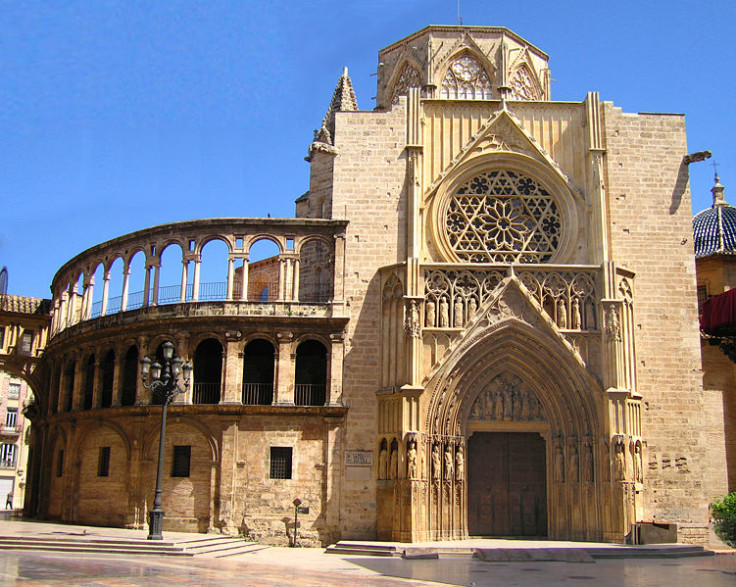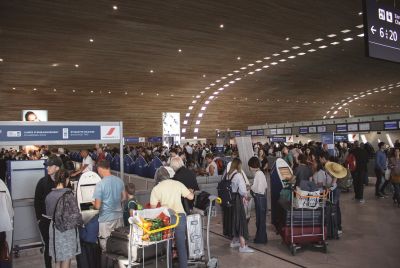Europe to have its first mystic cultural route travel itinerary set around the Holy Grail

Europe is going to have its first ever cultural route travel itinerary combining elements of legendary mysteries. The itinerary is named the Holy Grail route, after the mythical cup Jesus supposedly drank from at the Last Supper.
The European cultural itinerary aims at highlighting the traditions, mysteries, legends and emblematic places across Europe that relate to the mystical cup, according to the UN's World Tourism Organization's latest report on the development of cultural route travel around the world.
The agency said: "This European project aims to plan, promote and spread Holy Grail's spiritual and cultural route by identifying and selecting both tangible (cathedrals, symbolic places) and intangible elements (history, culture, traditions, mysteries)."
The itinerary will include two cultural routes – the Arthurian epic route starting from Great Britain to France, and the spiritual, mystic and religious route by the sea from Bulgaria across Crete (Greece) to Malta. Itineraries of both the routes will end in Spain, the UN's tourism agency said in the report.
"The main part of this route is around the Spanish regions of Aragon and Valencia: from the Monastery of San Juan de la Pena all the way to the Cathedral of Valencia," the report said.
According to the report, many traditions around the Holy Grail still survive in many towns and villages. The project strives to meet the quest of believers of the holy relic and that of the travellers and tourists who have the desire to know about the legends and tradition.
"The Grail quest and motivation motivates a trip full of emotions," it said, adding that "reliving history, enjoying nature, tasting traditional food, learning about customs and traditions and visiting beautiful and peaceful places are all suggestive elements of the path of the Holy Grail."
The Holy Grail route project is still in its nascent stage and has to undergo an array of comprehensive methodologies before being implemented. It is being developed by scholars at the Universities of Zaragoza, West London and Bournemouth together with an NGO under UNWTO's sustainable tourism programme.
© Copyright IBTimes 2025. All rights reserved.






















